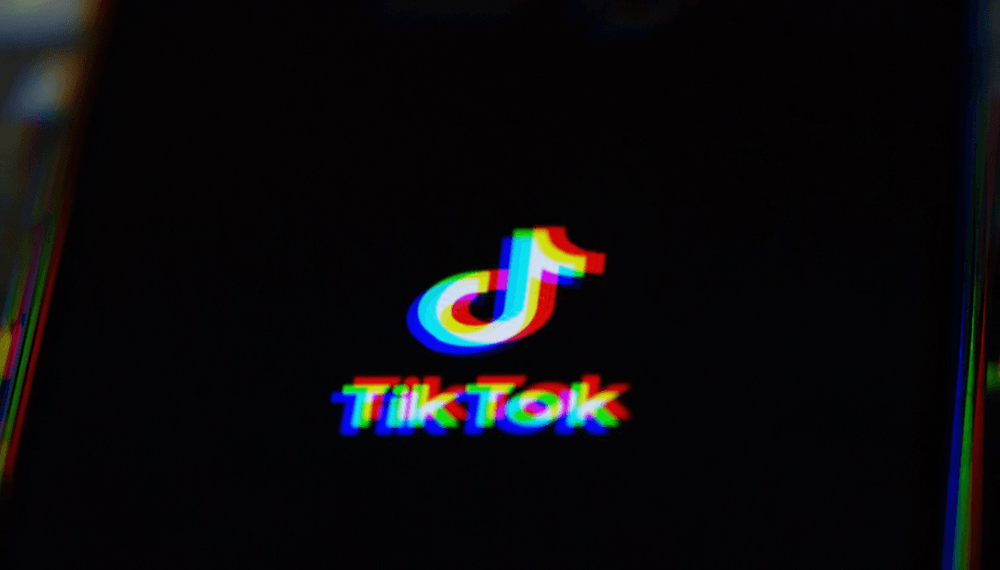TikTok CEO questioned by EU official over reports of 'aggressive data harvesting and surveillance’
TikTok’s chief executive Shou Zi Chew was asked on Tuesday about “recent press reporting on aggressive data harvesting and surveillance in the US” during a meeting with the European Union’s top antitrust official.
The main purpose of the morning meeting between Chew and Margrethe Vestager, the European Commissioner for Competition, was to establish how TikTok was preparing to comply with new obligations the EU is bringing in through its Digital Services Act (DSA) and Digital Markets Act (DMA).
The substance of the questions and answers were not disclosed in a read-out of the meeting between Chew and Vestager provided by the European Commission.
“At the meeting the parties also discussed GDPR and matters of privacy and data transfer obligations with a reference to the recent press reporting on aggressive data harvesting and surveillance in the US,” the read-out added.
After his meeting with Vestager, Chew’s schedule included meetings with Věra Jourová, who oversees the EU’s Commission for Values and Transparency; Commissioner for Home Affairs Ylva Johansson; and Commissioner for Justice Didier Reynders. He is also set to have a video call with Thierry Breton, the Internal Market Commissioner, on January 19.
TikTok said the meetings were part of its regular engagement with Commissioners to discuss tech regulation and display its engagement and cooperation with policymakers.
I count on #TikTok to fully execute its commitments to go the extra mile in respecting EU law and regaining trust of European regulators.
— Věra Jourová (@VeraJourova) January 10, 2023
There cannot be any doubt that data of users in Europe are safe and not exposed to illegal access from third-country authorities. pic.twitter.com/csKdCSOeMi
The range of portfolios that the CEO will need to answer highlights the precarious position of the Chinese company, which currently faces multiple investigations in Europe over whether it complies with the bloc’s stringent privacy rules, as well as the DSA and DMA’s obligations around user protection and competition.
Similar questions have been raised in the United States. Last November the FBI Director Christopher Wray warned Congress about the ways the agency was concerned the Chinese government could weaponize the app, disclosing that the bureau had several national security concerns about its popularity.
The Chinese government “could use it to control data collection on millions of users or control the recommendation algorithm, which could be used for influence operations if they so choose, or to control software on millions of devices which gives the opportunity to potentially technically compromise personal devices,” Wray said.
The app was subsequently banned from all devices managed by the House of Representatives in the U.S. as a result of being deemed “a high risk to users.”
It follows the company admitting last month that employees in both the U.S. and China had abused their backend access to the app to spy on multiple journalists who were reporting on the company in an attempt to uncover their sources. Four staff members have been fired over the activity.
In a more detailed read-out of Chew’s meeting with Jourová this afternoon, the commissioner asked about the use of user data to identify leaks. Chew “confirmed that it was wrong and the people responsible for this do not work for the company any longer,” said the briefing note.
In a statement after the meeting, Jourová said: “There cannot be any doubt that data of users in Europe are safe and not exposed to illegal access from third-country authorities. It is important for TikTok and other platforms to swiftly get ready for compliance with the new EU digital rulebook, the Digital Services Act and the Digital Markets Act.”
Alexander Martin
is the UK Editor for Recorded Future News. He was previously a technology reporter for Sky News and a fellow at the European Cyber Conflict Research Initiative, now Virtual Routes. He can be reached securely using Signal on: AlexanderMartin.79



